Intellectual Property
Higher Education Opportunity Act (HEOA) Compliance Statement for Electronic Peer-to-Peer File Sharing / Copyrighted Material
Introduction
The Higher Education Opportunity Act of 2008 specifies that regulations be published and promulgated regarding institutional efforts to reduce illegal uploading and downloading of copyrighted work through peer-to-peer (P2P) file sharing on campus networks. The final rules were published in September 2009 and are in effect on July 1, 2010.
The law requires three things:
- Institutions are required to make an annual disclosure to inform students that illegal distribution of copyrighted materials may subject them to criminal may subject them to criminal and civil penalties and describes the steps that institutions will take to detect and punish illegal distribution of copyrighted materials.
- Institutions are required to certify to the Secretary of Education that they have developed plans to “effectively combat” the unauthorized distribution of copyrighted material. In developing these plans, institutions are required to consider the use of technology-based deterrents. Report language that accompanies the law explicitly states that technology-based deterrents include “bandwidth shaping” and “traffic monitoring to identify the largest bandwidth users,” and indicates that certain education and enforcement programs will also qualify.
- Institutions are required, “to the extent practicable,” to offer alternatives to illegal file sharing. Both the practicality and selection of alternatives are to be determined by the institution “in consultation with the chief technology officer or other designated officer of the institution.”
Compliance with Annual Disclosure
The Touro University Nevada Executive Council has approved a document “File Sharing Information ” which is posted on Blackboard, revised annually, and distributed to the entire student body annually in August. The information is also provided in Orientation presentations by the Chief Information Officer to new students and some returning students.
Compliance with Copyright Protection
The Department of Information Technology has developed an “Electronic Copyright Protection Plan” which will be used to monitor the use of the institution’s bandwidth through traffic monitoring and bandwidth shaping to the extent practicable. An annual report will be provided to the Chief Executive Officer at the end of each academic year which will contain an assessment of the effectiveness of the plan and any actions taken.
Compliance with Alternative Notification
Touro University Nevada does not offer services for downloading copyrighted materials. In the document “File Sharing Information ,” the University refers students to the legal music sites list provided by the Recording Industry Association of America (RIAA).

